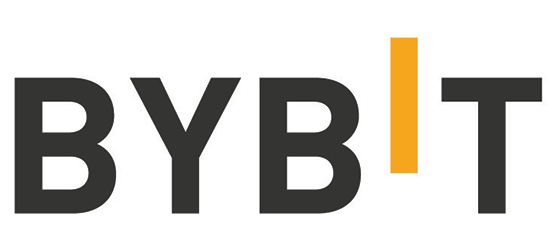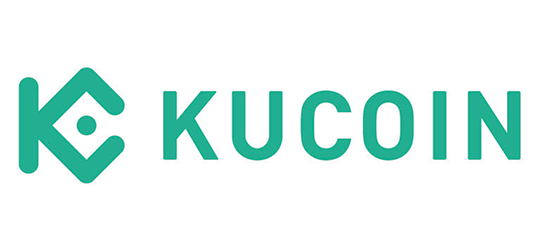Satoshi-Era Bitcoin wallet woke up with 500,772% profit
The renowned digital transaction monitor, Whale Alert, has recently spotted another account making a return to the crypto trading scene after years of inactivity.
This investor has witnessed an enormous surge in the value of their initial Bitcoin stake, a venture initiated under the enigmatic shadow of Bitcoin's creator, known as Satoshi Nakamoto, back in the early days of the cryptocurrency.
After being dormant for nearly 12 years, the wallet in question sprang back to life, holding 31 BTC. What might seem like a modest sum has blossomed into a whopping $1,813,156, compared to its modest $362 valuation back in 2012. This marks an astounding profit growth of 500,772%.
During the last month, Whale Alert has noted that a significant number of Bitcoin whales have reactivated their long-dormant BTC holding accounts, with each recording substantial profit margins.
According to the insights provided by the analytics account Spotonchain, spot Bitcoin ETFs have been experiencing notable withdrawals - marking the sixth consecutive day of such a trend. The sole exception, Bitwise, has observed a slight inflow of $9.5 million in BTC.
Meanwhile, other major players in the ETF space, including Fidelity, Grayscale, and VanEck, encountered withdrawals amounting to $7.6 million, $34.2 million, and $4.9 million respectively on September 4.
The remainder of the Bitcoin ETFs, with BlackRock’s IBIT being the largest spot BTC fund among them, have not seen any movement in terms of inflows or outflows. In aggregate, these ETFs have shed $37 million in Bitcoin value as of Wednesday.
This continuing trend of Bitcoin outflows from ETFs for the past week has been adding to the recent bearish pressure on the cryptocurrency market. Similarly, Bitcoin's 5.37% drop in value yesterday was further influenced by a massive sell-off in the U.S. stock market, with an estimated $1 trillion worth of stock being liquidated.
Financial analyst Jim Cramer pointed out that this sell-off predominantly affected companies in the AI/data center/computing sectors, as well as those in the housing and oil industries. This was further exacerbated by a subpoena issued by the U.S. Department of Justice to Nvidia and several other semiconductor producers, suspecting them of antitrust law violations.

















